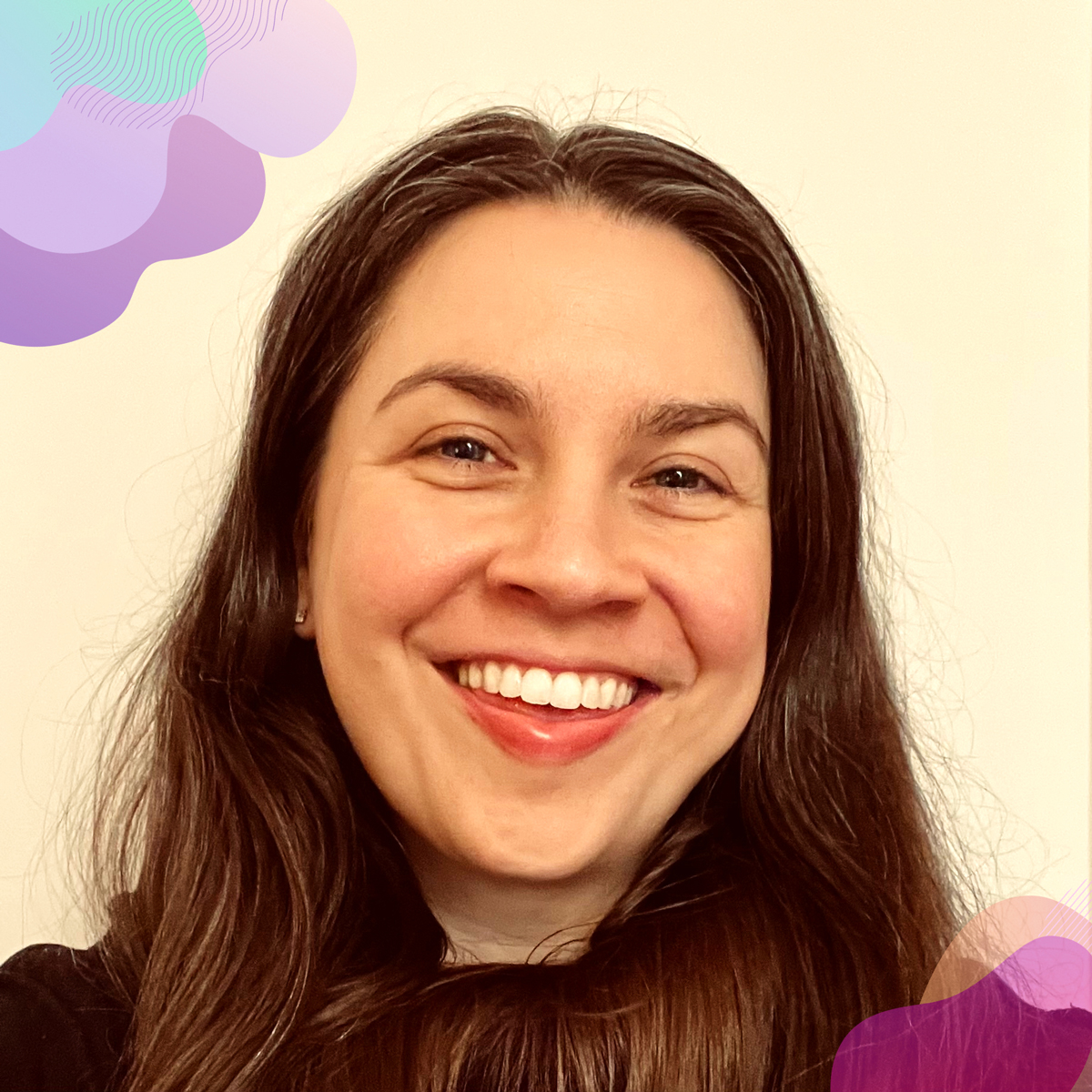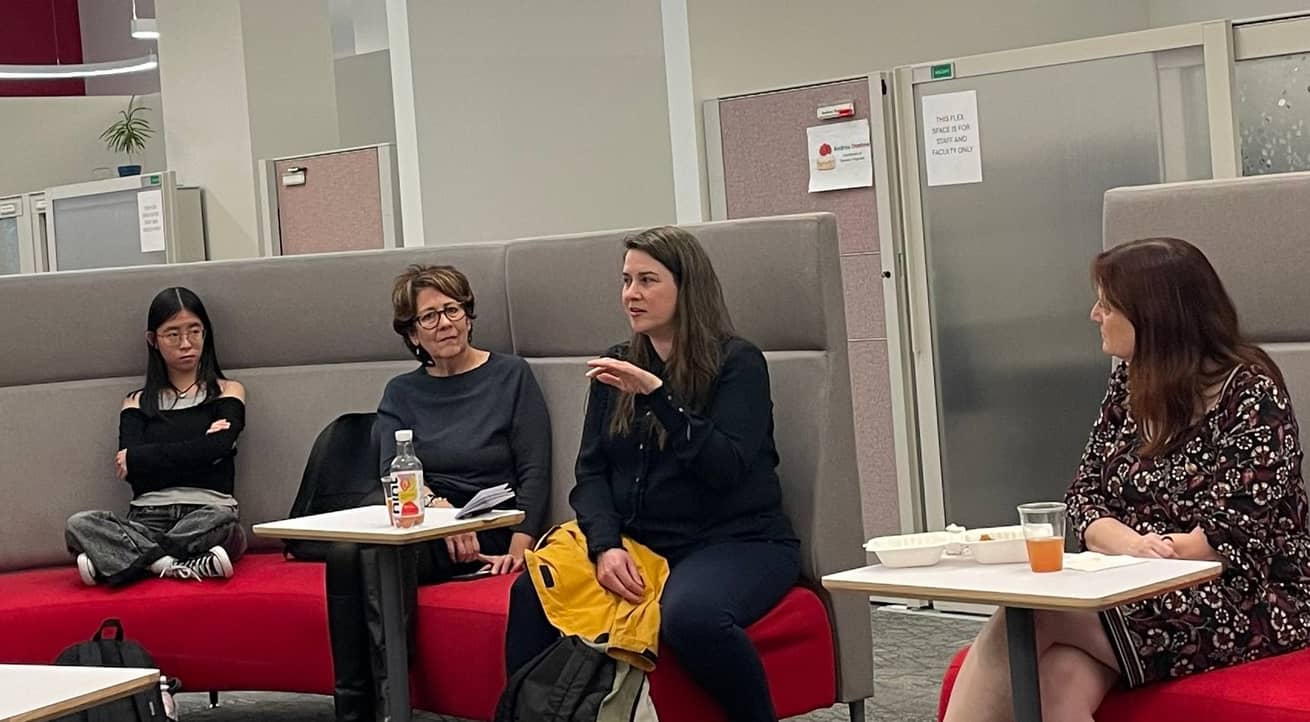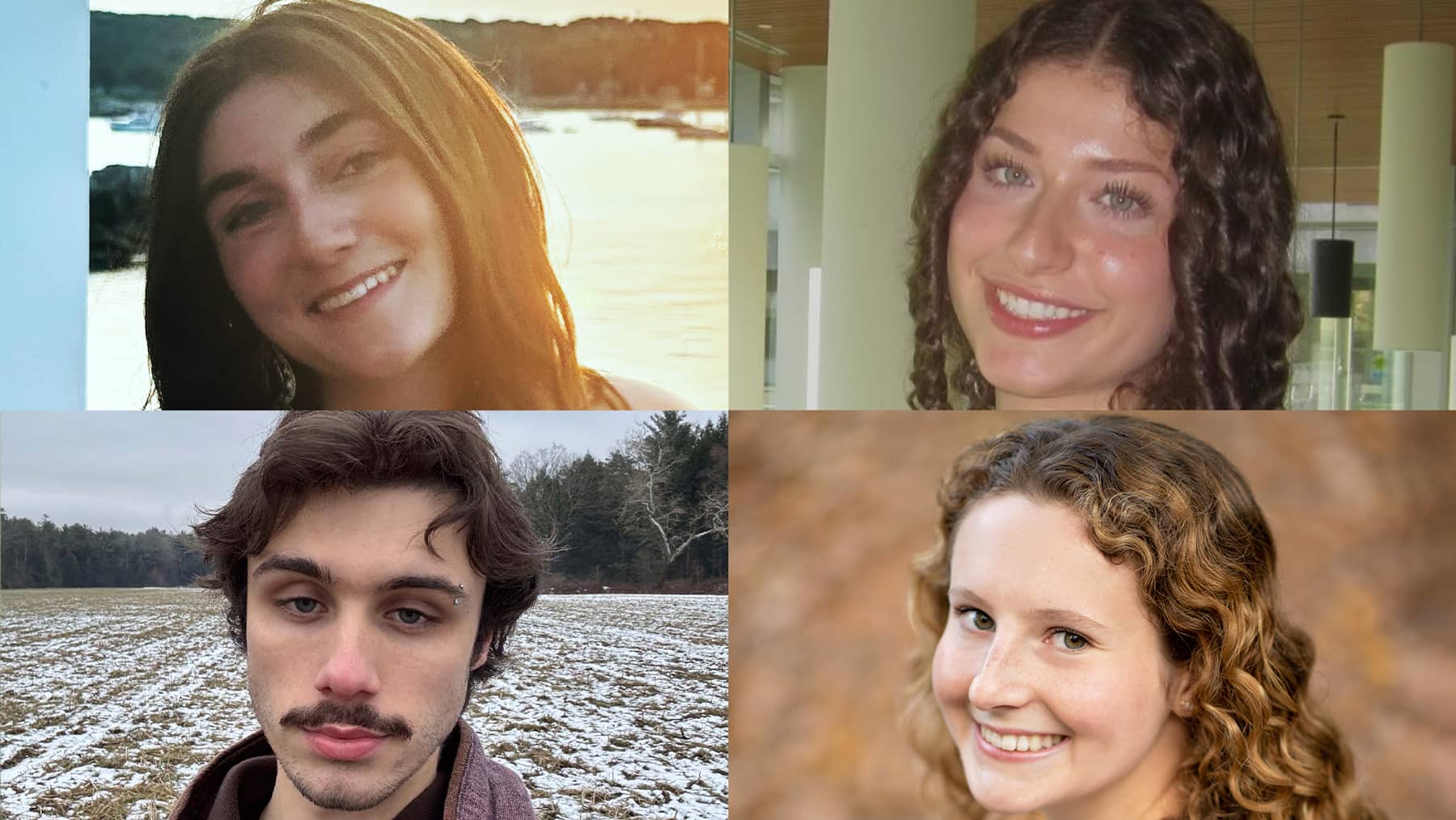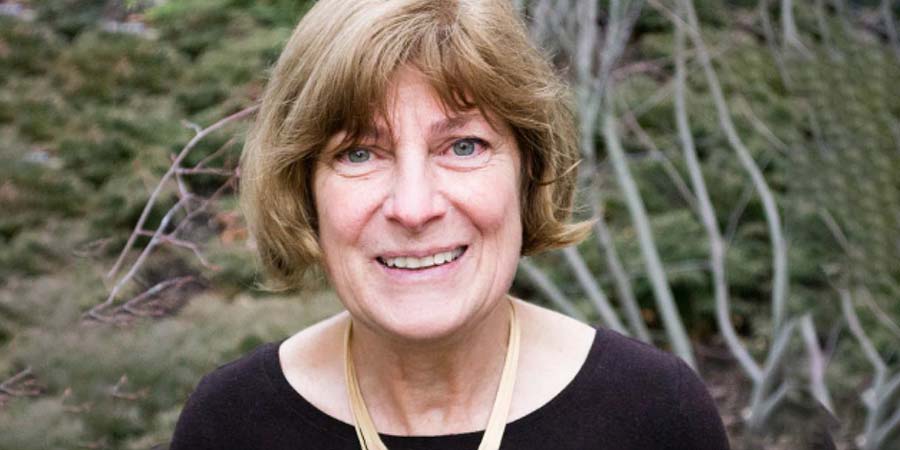Through the Bachelor’s Degree with Individual Concentration (BDIC) program, Zuzana Zilkova ’05 built the foundation for a global career focused on reducing harm and fostering human connection.
When Zuzana Zilkova transferred to UMass Amherst, she knew exactly where she was headed: the Bachelor’s Degree with Individual Concentration (BDIC) program.
“I knew I wanted to make my own path. I wanted to understand how people communicate and get things across to each other. Because I couldn’t find a major at UMass that specifically did that, I pulled it together in another way.”
Zuzana Zilkova ’05

Blending courses in psychology, communication, linguistics, and systems thinking, Zilkova created an interdisciplinary major in Cognitive Science and Applied Social Research. She went on to double major in economics, graduating with a Bachelor of Science from BDIC and a Bachelor of Arts from the College of Social and Behavioral Sciences (SBS).
As part of the BDIC program, Zilkova enrolled in a one-credit seminar where she was taught how to advocate for herself and her goals, even if traditional pathways were closed. She used that philosophy to enroll in competitive courses typically reserved for students in other majors, making her case to professors when spots were limited.
“It showed me that connecting with others’ enthusiasm can move you into places that may otherwise be locked,” she says. “That made a massive difference for me and has stuck with me throughout my career.”
That sense of possibility was reinforced by supportive faculty and staff, such as Linda Roney, then assistant director of BDIC, who helped her navigate the program with steady guidance. Faculty sponsors John Gerber and Stephen Olbrys Gencarella provided heartfelt support and academic focus, while Professor Barbara Partee and Senior Lecturer John Stifler left lasting impressions with their keen observations and kindness.
Zilkova also broadened her academic experience through the Five College Consortium and a year-long domestic exchange with Smith College and the University of Minnesota, Twin Cities. These experiences led to a National Science Foundation-funded Research Experience for Undergraduates, which she followed with two UMass-based program evaluation internships focused on applying social science for the public good.
After graduation, Zilkova worked in a state government research role before joining Microsoft and pursuing a master’s degree in applied positive psychology, a step that brought her closer to the violence prevention work she leads today.
“The throughline in all of my work is: How do we help people be better human beings to each other?” That’s what I wake up every morning thinking about.”
In 2010, Zilkova launched Pro-social Behaviour Change Consulting, which provides solutions-focused expertise to organizations that want to change social systems for the better. She has worked with nonprofits addressing domestic abuse and gender-based violence by creating strategy, shaping online outreach, advising, and developing interventions.
Zilkova was also the first associate director of public initiatives for the Heroic Imagination Project, a nonprofit founded by psychologist Philip Zimbardo to promote everyday heroism. There, she developed early public initiatives like the Hero Pledge and Hero Challenge, designed to help the public intervene in service to others or a cause.
“That’s where my heart is, and that’s the work I want to continue to do moving forward,” she explains. “The PhD I’m doing right now is in service of that.”
Currently, Zilkova is a doctoral candidate in the Centre for Research into Violence and Abuse at Durham University in England, where she is researching ways of mitigating abusive behavior. Her PhD, funded by the UK’s Economic and Social Research Council, builds on years of consulting and community work in the U.S. and abroad.

“This research is something I’m really proud of,” she says. “I feel lucky that I get to ask these questions and contribute something useful to the field.”
She recently toured the U.S. to share early findings from her PhD program and connect with practitioners and researchers in the field. Her goal is to continue bridging academic insight with actionable solutions, offering practical wisdom to those working to create safer, more compassionate communities.
For students considering alternative majors, Zilkova encourages them to meet with BDIC staff and faculty to see if the program might be a good fit.
“If you’re not finding what you want in traditional majors, you really can make your own path through BDIC,” she says. “Whatever your dream is, BDIC can help you insert it into the world.”
Empower students to build their own paths toward meaningful change. Make your gift to support the Bachelor’s Degree with Individual Concentration program today!
- Revolutionize Access


